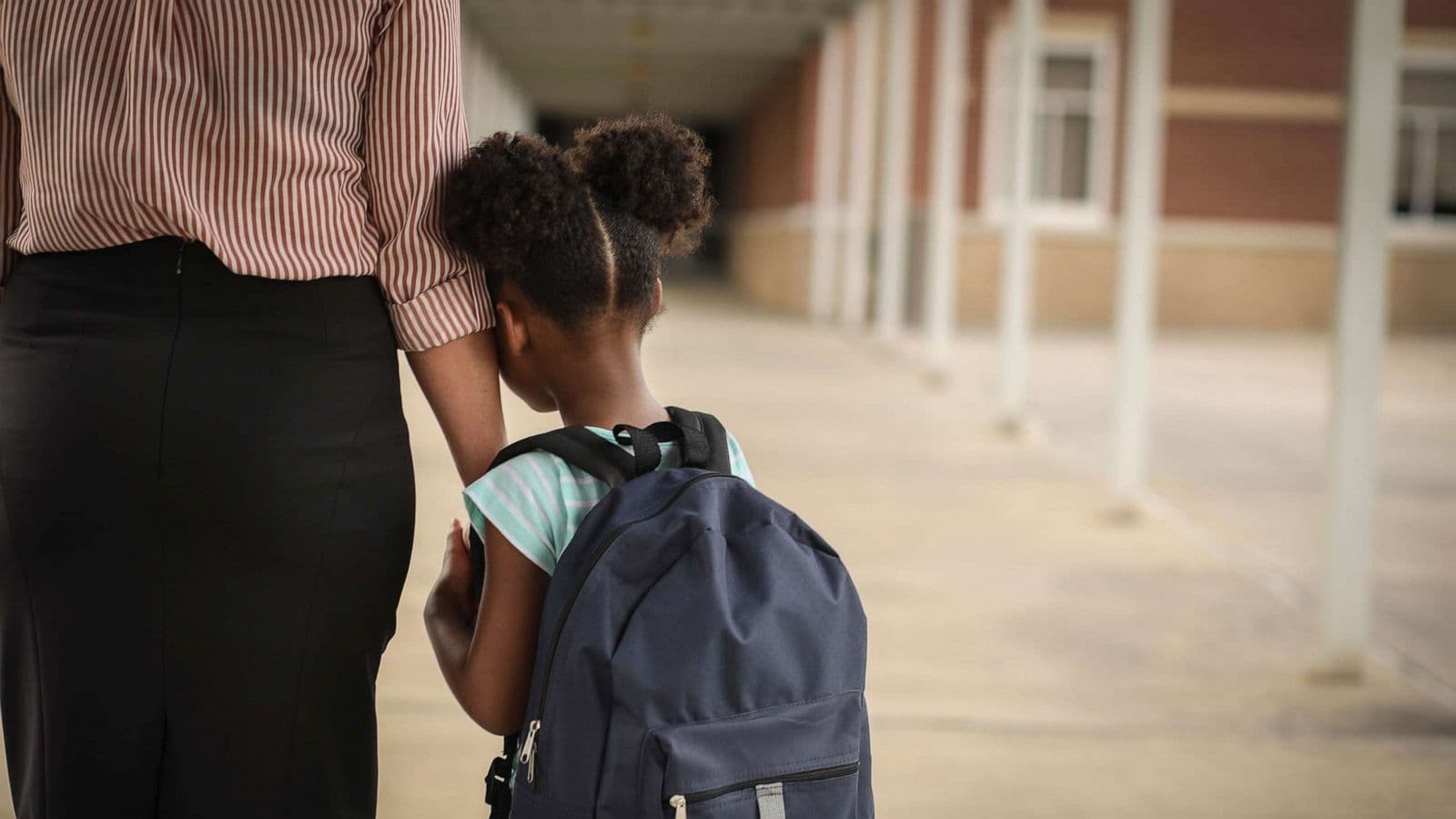We're loading the full news article for you. This includes the article content, images, author information, and related articles.
With schools closed for an extended period, Kenyan parents are confronting a surge in anxieties over their children's safety, grappling with issues from sexual abuse and teenage pregnancy to drug abuse and the high cost of supervision.

NAIROBI - As schools across Kenya closed their doors for the long holiday beginning Wednesday, November 5, 2025, a palpable sense of unease has settled over many households. While the break offers a respite from the rigours of the academic calendar, for a growing number of parents, it marks the start of a period of heightened vigilance and deep-seated fear over the safety and well-being of their children.
The extended time away from the structured and supervised school environment exposes children to a myriad of dangers. These include physical and sexual abuse, teenage pregnancy, drug and substance abuse, and the unmonitored influence of social media. This situation is compounded by the financial strain on families, many of whom cannot afford formal childcare or holiday programs, leaving children unsupervised for long periods.
Child protection experts and law enforcement officials consistently report a surge in cases of child abuse during school holidays. With children spending more time at home or in unstructured neighbourhood settings, their vulnerability increases. Dr. Kabii Thuo, a sociologist, notes that cultural taboos surrounding discussions of sex and abuse in many Kenyan communities create an environment where abuse can thrive in silence. Families often prioritize protecting the family name over the victim, leading to underreporting. Annita Musyoki, a clinical psychologist, adds that abuse is often a symptom of deeper family dysfunction, flourishing where communication is poor or substance abuse is present.
The United Nations Children's Fund (UNICEF) reports that around one in two young adults in Kenya experienced some form of violence during their childhood. Police have also issued warnings, noting that crimes like defilement and sexual abuse spike during holidays when children are often left unattended.
Another significant concern for parents is the rise in teenage pregnancies. According to the 2022 Kenya Demographic and Health Survey (KDHS), about one in five adolescent girls aged 15-19 has either given birth or is pregnant with her first child. A study by the Kenya Institute for Public Policy Research and Analysis (KIPPRA) found that teenage pregnancy rates are significantly higher during the long holiday period. Unstructured time and increased interaction with peers without supervision are cited as contributing factors. A 2024 report by the Forum for African Women Educationalists (Fawe) Kenya revealed a teenage pregnancy rate of 19.9%, with school boyfriends being the leading perpetrators.
Parallel to this is the threat of drug and substance abuse. A survey by the National Authority for the Campaign Against Alcohol and Drug Abuse (NACADA) found that the median age for the onset of substance abuse was 11 years. The most readily available substances for primary school pupils were tobacco, prescription drugs, alcohol, and miraa, often sourced from kiosks and bars near schools.
For many working parents, the long holiday presents a significant logistical and financial challenge. The cost of keeping children engaged and supervised in safe environments can be prohibitive. Holiday camps and daycare services in Nairobi can range from KES 1,500 to KES 2,500 per day, with weekly rates often exceeding KES 10,000. These costs are often beyond the reach of many families, particularly those in low-income households where the daily struggle for basic needs takes precedence.
This economic pressure means many children, especially in informal settlements, are left unsupervised as parents go to work. The absence of community youth centres and safe public playgrounds further exacerbates the problem, leaving children vulnerable on street corners or in video dens.
In response to these growing concerns, community leaders and child welfare experts are urging parents to take a more proactive role. John Saruni Melelek, a community leader in Narok County, emphasized the importance of parental involvement in monitoring their children's activities and peer groups during the holiday season. Experts also stress the need for open communication within families to build trust and allow children to disclose potential threats.
While the Ministry of Education provides the school calendar, which this year sees a long break from late October to early January, there is a clear need for a multi-sectoral approach to ensure child safety during this vulnerable period. This includes community-led initiatives, affordable recreational programs, and strengthened child protection services to support families and safeguard the nation's youth until schools resume. For immediate help, organizations like Childline Kenya operate a toll-free helpline (116) for reporting cases of child abuse and neglect.
Keep the conversation in one place—threads here stay linked to the story and in the forums.
Sign in to start a discussion
Start a conversation about this story and keep it linked here.
Other hot threads
E-sports and Gaming Community in Kenya
Active 9 months ago
The Role of Technology in Modern Agriculture (AgriTech)
Active 9 months ago
Popular Recreational Activities Across Counties
Active 9 months ago
Investing in Youth Sports Development Programs
Active 9 months ago